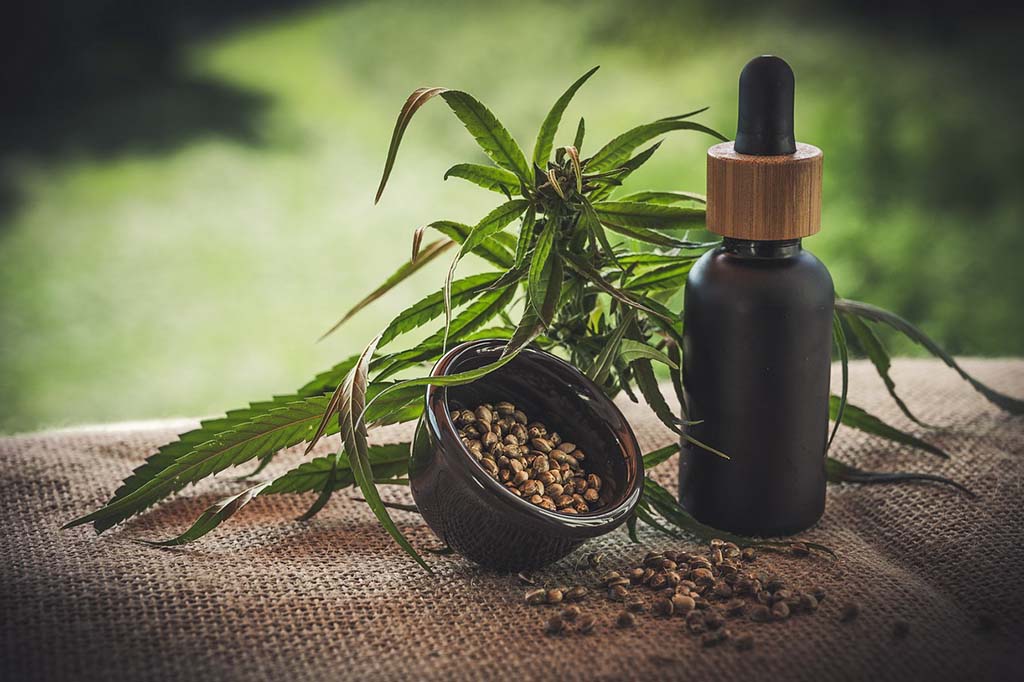CBD preparations for oral use derived from cannabis extracts in the narcotic tables, the Ministry Decree and the Regional Administrative Court suspension

The decree of the Ministry of Health of 7 August 2023 “Revocation of decree 28 October 2020 of «Suspension of the effectiveness of decree 1St October 2020 laying out: “Update of the tables including the indication of narcotic and psychotropic substances, as per Presidential decree 9 October 1990, no. 309 as amended. Inclusion of the compositions for administration for oral use of cannabidiol obtained from Cannabis extracts in the Table of drugs, section B”»” was published in the Official Journal of 21/08/2023.
In order to better understand the importance of the publication of this decree, we would like to recall here the recent history of this issue.
The suspension of the decree of the Ministry of Health of 1St October 2020 generated uncertainty on the position of the authorities regarding the classification of cannabidiol (CBD) as narcotic substance.
Moreover, the implicit inclusion of CDB in the Single Convention on Narcotic Drugs of 1961 was being discussed at international level (since CBD is extracted from Cannabis Sativa L.).
Actually, before the publication of the Italian decree of 1st October 2020, the Ministry of Health had already obtained the positive opinion of the Higher Health Institute and Higher Health Council (28/05/2020) for the inclusion of the CDB compositions for oral use in the table of narcotic drugs. The decree was then suspended for further investigations.
Second opinion on CBD for oral use
The second opinion of the competent bodies sent in November 2020 confirmed the previous opinion and provided further indications on the dose: […] “studies available so far generically recommend the use of minimum doses and under medical supervision for the assessment of the risk/benefit profile. The literature reviews taken into account do not provide any information on secondary effects (e.g. somnolence, psychotropic effects) in relation with the different doses or with different methods of administration (orally, inhalation) or with the consumer’s age, gender and physiopathologic characteristics […]»”.
Almost in parallel, at international level, the exclusion of CBD-containing preparations from the tables enclosed in the Single Convention of 1961 had been voted against in December 2020.
Besides, the WHO recommendation proposing the addition of a footnote on the entry cannabis and cannabis resin in table I of the Convention of 1961, in order to specify that preparations mostly containing CBD and a maximum of 0.2% of tetrahydrocannabinol are not subject to international control, had been rejected.
Italian position
Therefore, the Italian position was complying with the international one. AIFA also expressed their opinion in a note in 2021 in relation to the first medicinal product containing cannabis authorised in Italy, Epidyolex, confirming that CBD is a pharmacologically active substance and that in case of doubts in the application of more community regulations, the one on human medicinal products must be applied.
They also stated that it is not possible to determine a minimum therapeutic dose for CBD, supporting the conclusions previously reached by the Higher Health Institute and Higher Health Council.
It is no unexpected news, then, that the Ministry of Health have confirmed once more, though after a long time, the inclusion of CBD preparations for oral used derived from cannabis extracts in the narcotic drug tables.
However, trade associations and companies operating in this sector have filed an appeal to a Regional Administrative Court (TAR) against this decree that would hinder the trade of preparations containing the so called light cannabis, because of their being narcotics, claiming illegitimacy based on national and European regulations.
The decree, that became effective on 20 September 2023, had a very short life: the TAR of the Region Lazio accepted the appeal on 24 October and suspended the decree.
In their meeting on 24 October, the TAR confirmed the suspension of the decree and fixed a date for the relevant hearing on 16 January 2024.
According to the TAR, in fact, «there is apparently no imminent risk, in the current circumstances, for public health protection», and therefore there are prerequisites for the suspension of the decree.
The issue is still open and there is still much uncertainty on the fate of products containing light cannabis.
Di Renzo Regulatory Affairs will keep following this topic to direct companies to a correct application of the regulations
Update on 10/30/2023
Written on 08/24/2023 by Giorgia Martini
Foto di Julia Teichmann da Pixabay




